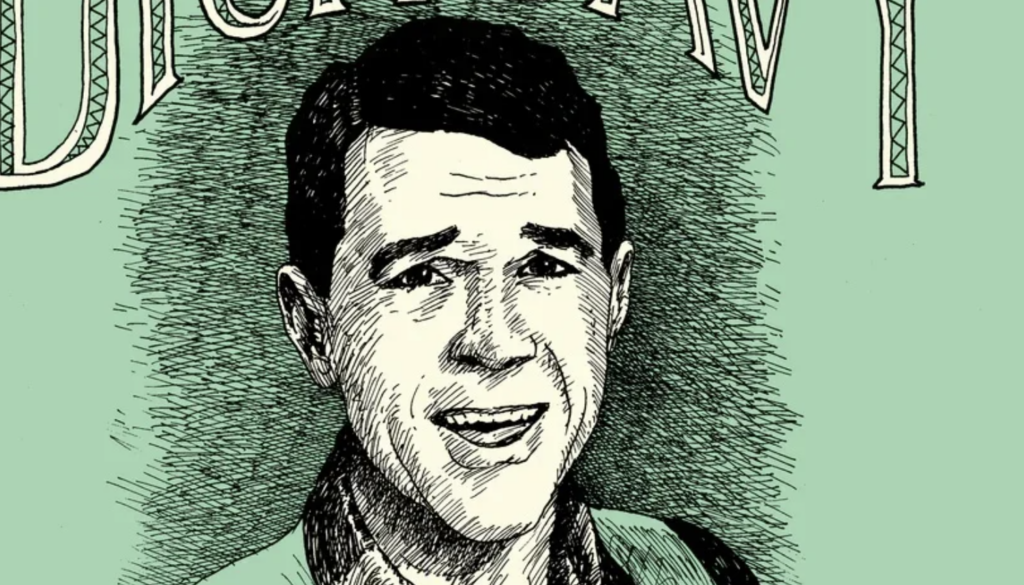Margin Call

What is Dan Humphrey doing in Margin Call? Gossip Girl followers who notice actor Penn Badgley’s name in the credits of this twitchy nocturne might ask that very question. The short answer: Being a dick, getting fired and crying, mostly. It’s a canny bit of small-role casting in a movie dominated by actors born to play bad bosses.
Badgley is in a fair amount of Margin Call, but he’s playing a small potato in a very big french-fry factory. Much of his dialogue is given to speculation about other characters’ salaries (and crowing about his own, a fortune at age 23), making him our peephole, if not quite our surrogate. The Wall Street firm where his character trades is modeled on Lehman Brothers, and you know that the layoffs at the movie’s start are serious because Stanley Tucci is the first to go.
On his way out, Tucci’s Eric Dale, a risk-management executive, hands a flash drive to a trusted protégé and says, “Be careful.” When plugged in by Peter Sullivan (Zachary Quinto, perfect as a Spock whose tricorder looks for money), the data reveal a giant-killing model, already under way. Writer-director J.C. Chandor treats the doom-spelling equations that Sullivan decodes as a kind of Pulp Fiction briefcase. Various characters stare into glowing monitors and register the enormity of what’s on display. The unintelligibility of the numbers is one of the few jokes, but not the only laugh, in Chandor’s mordantly funny movie, and its predictability (three or four frustrated characters ask for a plain-English explanation of what’s going on) is offset by the script’s swift pace. It takes just 105 minutes for Chandor, a flash drive and Jeremy Irons (chilled to just above freezing, cheeks hollowed to Iggy Pop depth) to kneecap the market.
In a movie not short on small pleasures (framed in cinematographer Frank DeMarco’s comfortless interiors and stagey exteriors) and smartly contained performances (welcome back to acting, Kevin Spacey — we missed you), the greatest is first-timer Chandor’s accumulation of minor subversions. Spacey enters crying, in tight close-up, mourning his dog, not the workers being whisked out from under him. So he’s another venal suit in the actor’s wardrobe — until, suddenly and convincingly, he’s not. Dale’s warning, traditionally the signal that physical danger awaits those who know the secret of a movie’s MacGuffin, turns out to be an instruction about ethics, not personal safety. The flash drive never disappears, no threats are exchanged, and the characters move through a long dark night of the Mametian soul with repeated entreaties to tell one another the truth. Even the most sinister of Margin Call‘s well-tailored vampires — Irons’ John Tuld, a pattern for dissipated suavity cut with a bloody knife — adheres to a certain code.
Tuld’s code isn’t quite the honor-among-thieves worldview that powers Glengarry Glen Ross but it’s close— Spacey starred in the 1992 movie, a clear dramatic antecedent, Margin Call‘s crazy uncle. But Chandor swerves clear of the obvious, giving Spacey the last word after Irons chews a steak and eats the scene in the film’s understated climax. It’s not a triumphant parting shot, though, and for as much as Chandor lends complicated human emotion to the 2008 crash, his movie is finally about simple shame (and its lack).




